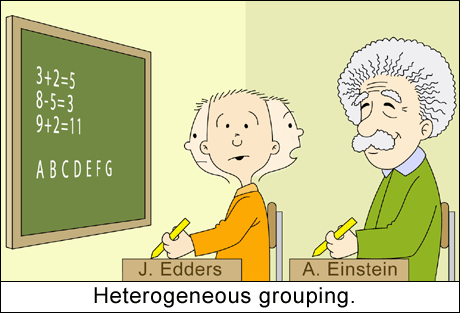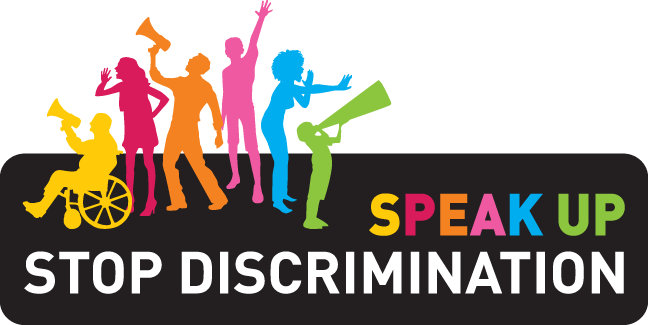Ira Shor
In this reading the Shor argues that education is politics and that curriculums should promote the students questioning their education. That instead of the you listen an take notes while i tell you approach it should be engaging and peak their curiosity.
I am so happy that i chose to do my service learning at The Met school because here i get to witness this first hand. First of all the Students are not seated in the standard institutionalized setting. They are seated in a circular formation that way they can all see the teacher without difficulty and can have meaningful discussions about what is being taught. As i observe the advisor/ teacher do a lesson i see how interesting the students are and how eager they are to participate. I wondered what the secret to her method was but as time went on i noticed that this came from respect. Respect given to and from each other. she taught but at the same time acknowledging their questions and concerns. if they have a problem withe way something is being taught or if they have suggestions about their lesson plan they have a discussion about it and if it is reasonable enough she will find ways of implementing it in future plans. That is why The Met school is a so one of a kind, because the students are able to question their education it has lead to a whole different way of teaching and learning there. Definitely what i'm hoping to encounter when i enter my classroom as a teacher.








